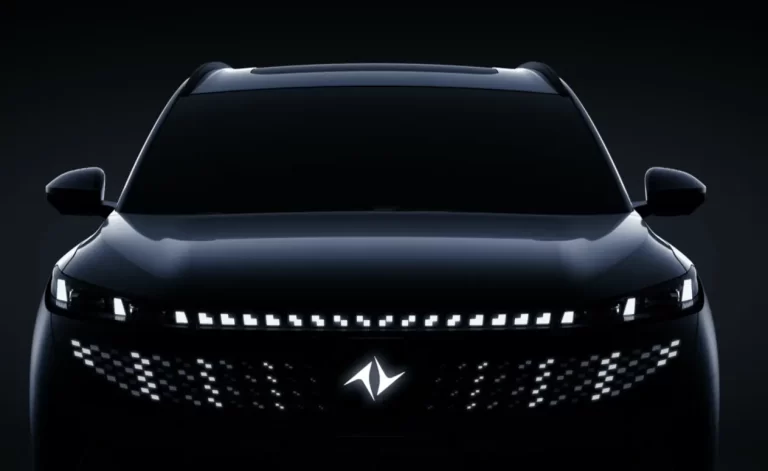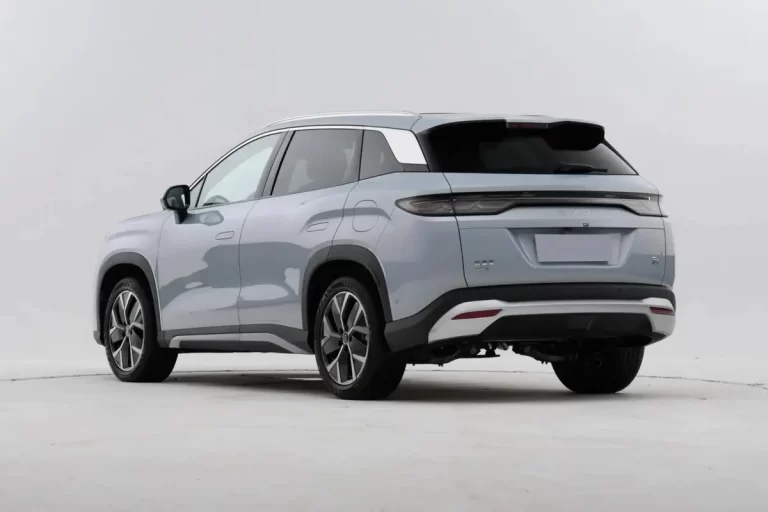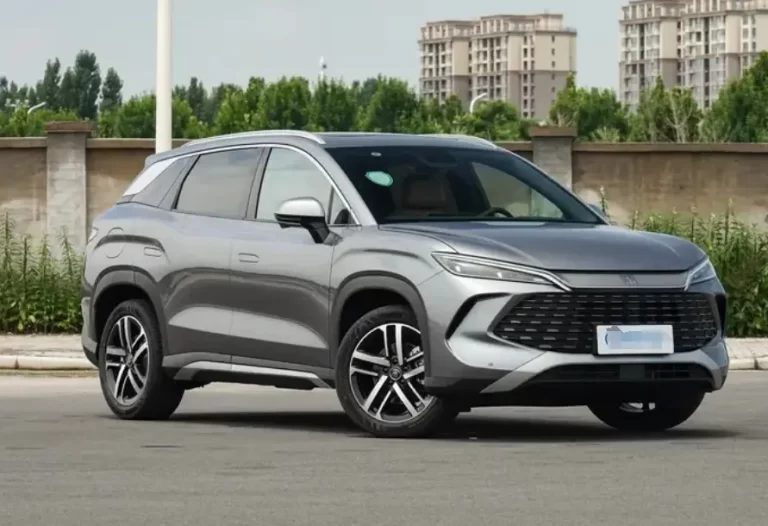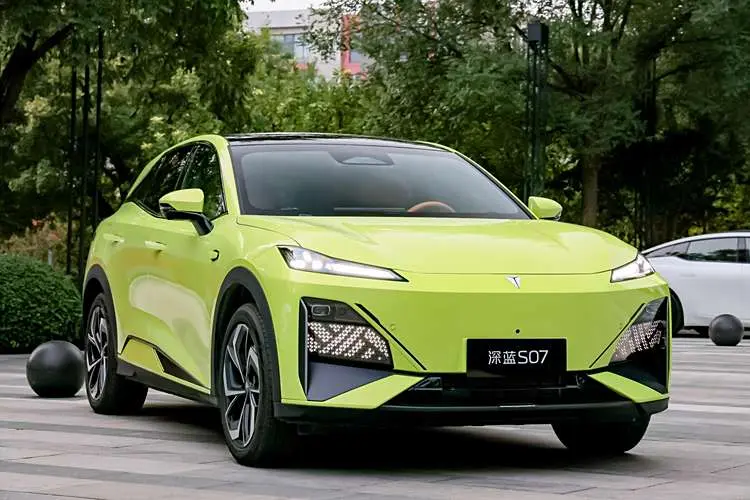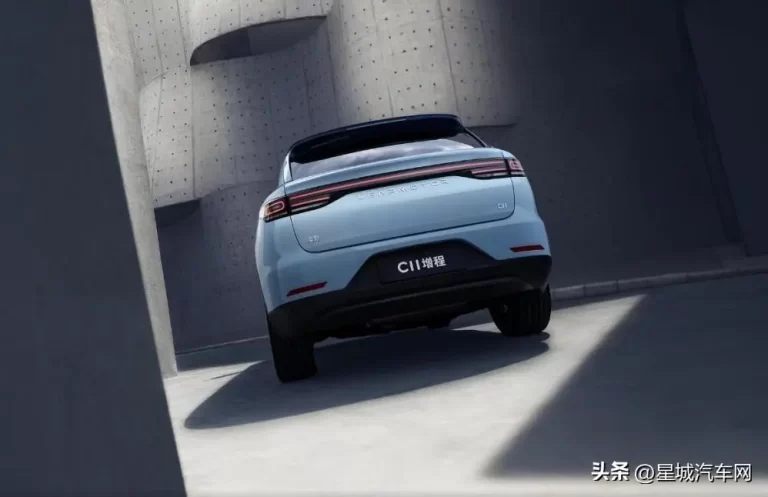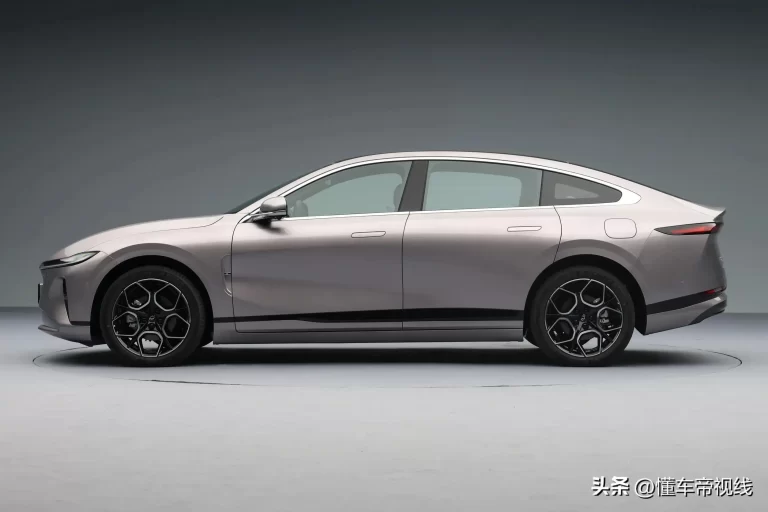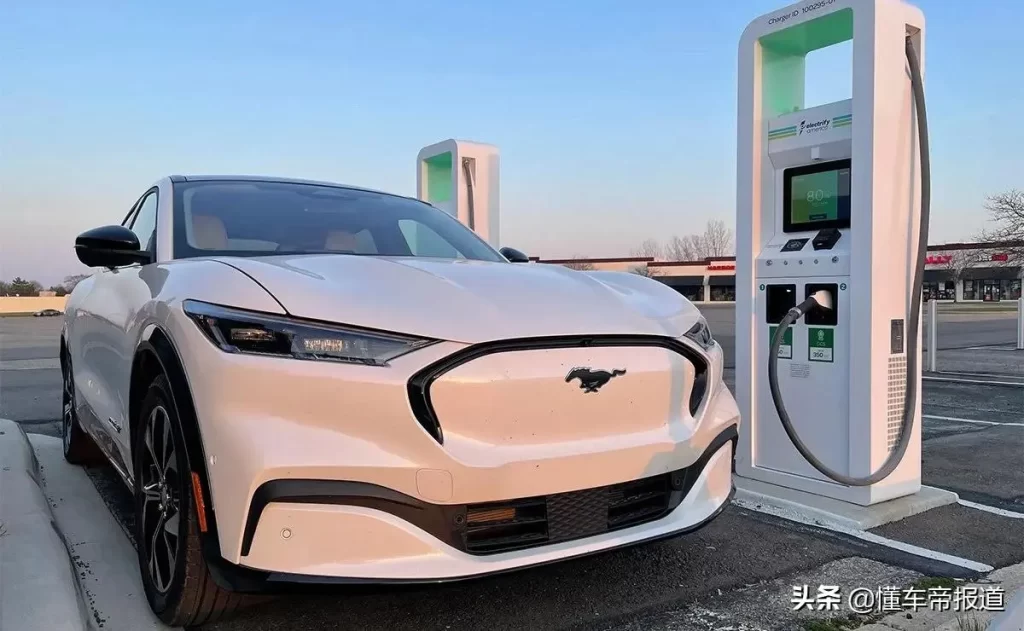
Ford is also making adjustments between its electrification strategy and profitability. Ford has announced the expansion of electrification options with a focus on hybrid technology to further cut costs and improve market competitiveness.
From a product strategy perspective, Ford is focusing its next generation of electric and digitally advanced vehicles on areas where it has a competitive advantage – commercial vans, medium and large pickups, and long-range SUVs.
Ford electric horse
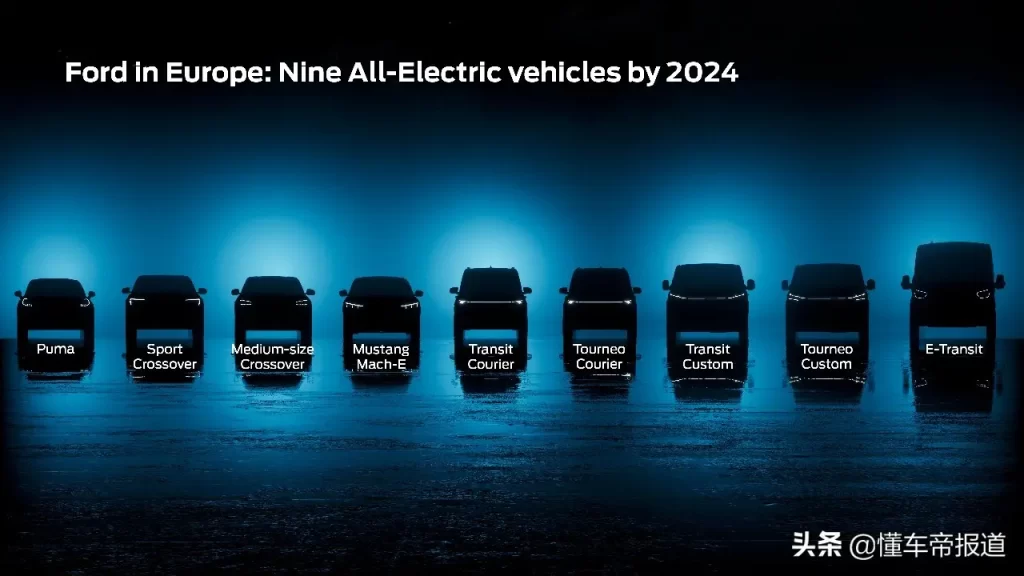
In its all-electric portfolio, Ford plans to prioritize the development of hybrid models in 2026, as well as electric commercial vehicles such as new electric commercial vans, and then develop two pickup trucks in 2027.
The vehicle is a midsize pickup based on a platform designed by Ford’s Skunk Works team in California and a next-generation truck that will be assembled in Tennessee.
In 2022, Ford set up a Skunk Works team in California and has spent the past two years working on new electric vehicle platforms and lowering the cost curve of electric vehicles by changing the approach to next-generation vehicle development, with the goal of competing against affordable Tesla and Chinese new energy vehicle companies.
According to the official introduction, the team takes a systems integration approach covering design, engineering, supply chain and manufacturing to fundamentally rethink the complete vehicle. This approach reduces cost and complexity and will penetrate deep into the supply chain and compare costs against the best global competitors.
“We have recruited the most skilled and creative professionals from within and outside Ford to drive a radical change in the way electric vehicles are developed,” the Ford CEO said, “and the work of this team has become a key enabler of our electric vehicle strategy.” The cost of these electric vehicles will be lower and there will be no impact.”
As part of its reboot strategy, Ford will delay plans to open a new plant in Tennessee that will be used to build the next generation of all-electric pickup trucks, and cancel plans for a three-row electric SUV.
Ford’s original European electric vehicle lineup plan
Battery costs for pure electric vehicles remain challenging for some commercial applications and large vehicles.
As a result, Ford will develop a new line of electric three-row SUVs that include hybrid technology. In addition, Ford has realigned battery purchases to support electric vehicles and other emerging electric vehicle applications, resulting in cost reductions, improved capital efficiency, and compliance with the Inflation Reduction Act production and consumer tax credits.
“Affordable electric vehicles start with affordable batteries,” the Ford CEO said. “If you’re not competitive on battery cost, you’re not competitive.”

